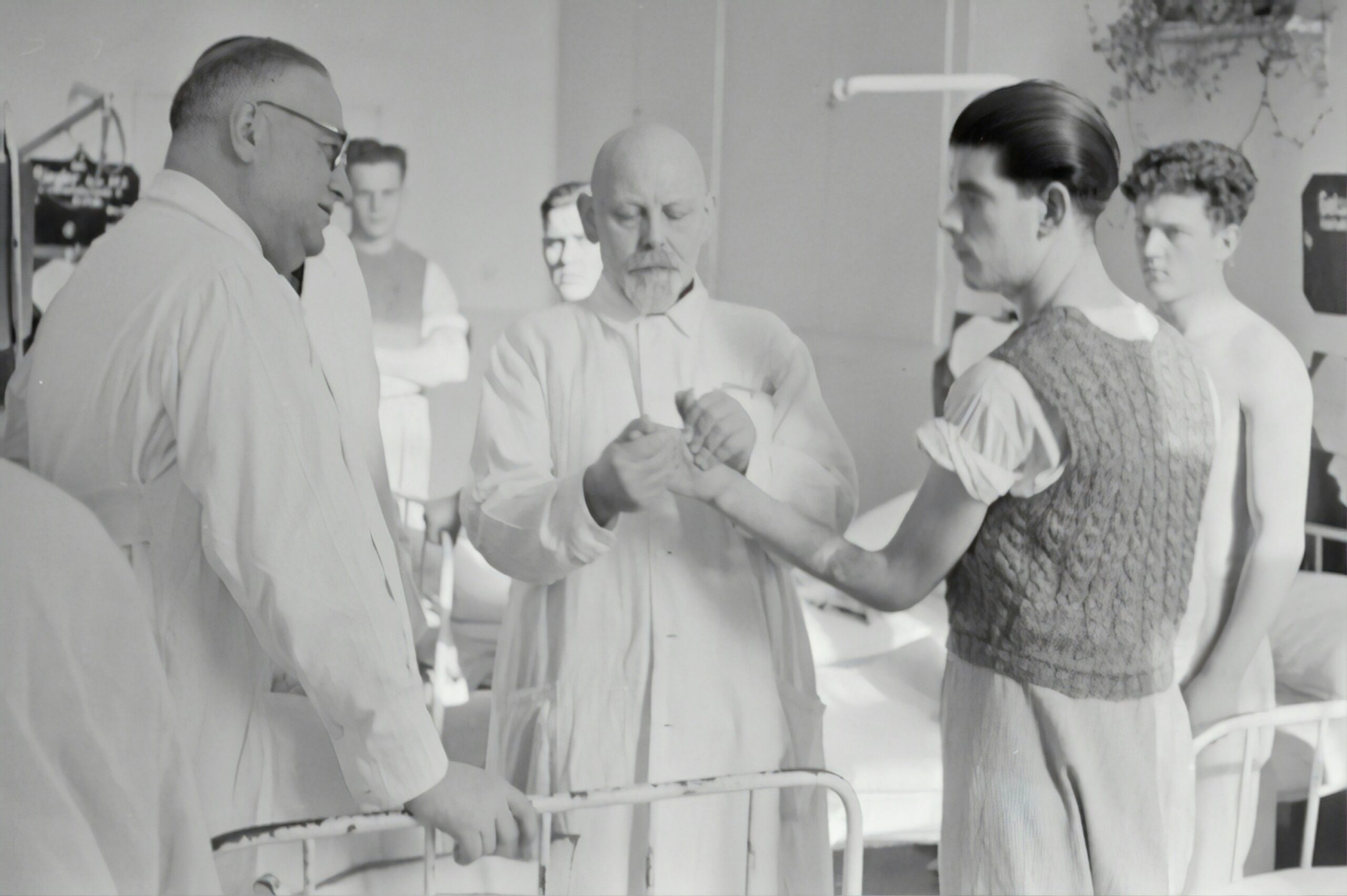
Knowledge is one of the most powerful tools for improving patient outcomes in healthcare. From clinical expertise to advanced medical research, professionals across the healthcare system apply their extensive training and understanding to ensure the highest standards of care. But how does this expertise directly impact patient outcomes? Skilled practitioners with a deep knowledge of their field can make a difference in patient care. This article will explore how advanced knowledge translates into better healthcare results and why it’s essential for patients and providers.
The Foundation of Expertise in Medicine
Expertise in healthcare begins with years of education and practical experience. Doctors, nurses, and specialists spend years learning their craft and refining their skills to provide the best care possible. This foundational knowledge is essential for diagnosing conditions and tailoring treatments to meet each patient’s specific needs. Whether it’s understanding the complexities of a disease or recognizing the early signs of a developing condition, expert knowledge enables practitioners to act with precision.
Moreover, continuous learning is a vital part of healthcare expertise. The medical field constantly evolves with discoveries, treatments, and technologies. Healthcare professionals who stay updated with the latest advancements are better equipped to offer cutting-edge solutions. This knowledge helps improve the accuracy of diagnoses, ensuring that patients receive timely and appropriate interventions. As a result, patients benefit from more effective treatments aligned with the most recent scientific evidence.
Impact of Specialized Knowledge on Diagnosis and Treatment
Specialized knowledge profoundly affects how healthcare providers diagnose and treat patients. When physicians specialize in a particular area, such as cardiology or neurology, they bring depth and insight that general practitioners may not possess. This deeper understanding allows them to identify subtle, overlooked symptoms. For instance, a cardiologist may be more adept at interpreting heart rhythms or identifying early signs of heart disease, ensuring early intervention and better management.
The influence of specialized knowledge doesn’t stop at diagnosis. Experts are also better positioned to determine the most effective treatment plan. Whether recommending a surgical procedure, prescribing medication, or implementing lifestyle changes, specialists bring a nuanced approach crucial for optimizing patient outcomes. They can anticipate potential complications, monitor progress more closely, and adjust treatment plans. This proactive and tailored approach leads to more successful treatments and better patient health.
Advanced Medical Research and Patient Care
One of the most significant ways advanced knowledge improves patient outcomes is through medical research. Medical researchers push the boundaries of what is known, discovering new treatments and therapies that revolutionize care. From drug development to surgical techniques, the advancements made in research directly benefit patients by offering them more treatment options. As a result, diseases that were once considered untreatable can now be managed effectively, giving patients hope for a healthier future.
Additionally, research-backed advancements often lead to more personalized care. Understanding the genetic and environmental factors that contribute to health allows for targeted treatments that are more effective and less invasive. Personalized medicine, for instance, tailors treatments based on an individual’s unique genetic makeup, ensuring that patients receive therapies that are more likely to succeed. This personalized approach helps reduce the trial-and-error treatment method, improving outcomes and patient satisfaction.
The Role of Communication in Expertise
Effective communication is another key component of expertise in healthcare. Healthcare professionals with strong communication skills can better educate patients about their conditions, treatment options, and recovery plans. When patients understand their health issues and the reasoning behind treatment decisions, they are more likely to follow through with their care plans. This partnership between healthcare providers and patients fosters a sense of trust and cooperation, which can significantly enhance the healing process.
Moreover, experts can collaborate more effectively with their peers. Medical knowledge isn’t static; the best outcomes often come from a team approach. When specialists communicate their insights to other healthcare professionals, it leads to a more comprehensive care plan.
Bridging the Gap Between Knowledge and Practice
Despite the immense value of expertise, healthcare professionals must bridge the gap between theoretical knowledge and practical application. Healthcare providers who seamlessly translate their knowledge into practice can make swift, correct decisions that improve patient outcomes.
For instance, a surgeon’s ability to perform a complex procedure relies on their understanding of the anatomy and surgical techniques and their ability to adapt to the patient’s needs in the operating room. This adaptability is key in ensuring patients receive the most appropriate care for their unique situations. Similarly, a nurse’s ability to assess a patient’s condition and adjust care plans on the fly is another example of expertise in action.
The Future of Expertise in Healthcare
As healthcare advances, the role of expertise will only become more critical. With innovations like artificial intelligence, machine learning, and telemedicine on the horizon, healthcare professionals will have access to even more tools to enhance patient care. However, these technologies will never replace the need for human expertise. Instead, they will augment healthcare providers’ skills, enabling them to make even more accurate decisions and deliver personalized care more efficiently.
In the future, integrating advanced technology will help healthcare professionals access vast amounts of data in real time, providing them with insights that were once impossible to obtain. With the proper knowledge, these tools will empower healthcare providers to offer even more effective treatments, thereby improving patient outcomes on a global scale.
Expertise in healthcare is essential for improving patient outcomes. From the foundation of knowledge gained through education and experience to the ongoing integration of research and specialized skills, healthcare professionals make a profound impact on the lives of their patients. By continuously evolving their knowledge base, collaborating with colleagues, and applying their skills effectively, healthcare providers can ensure that patients receive the best possible care. As the medical field continues to advance, the power of expertise will remain a key factor in delivering exceptional patient outcomes.